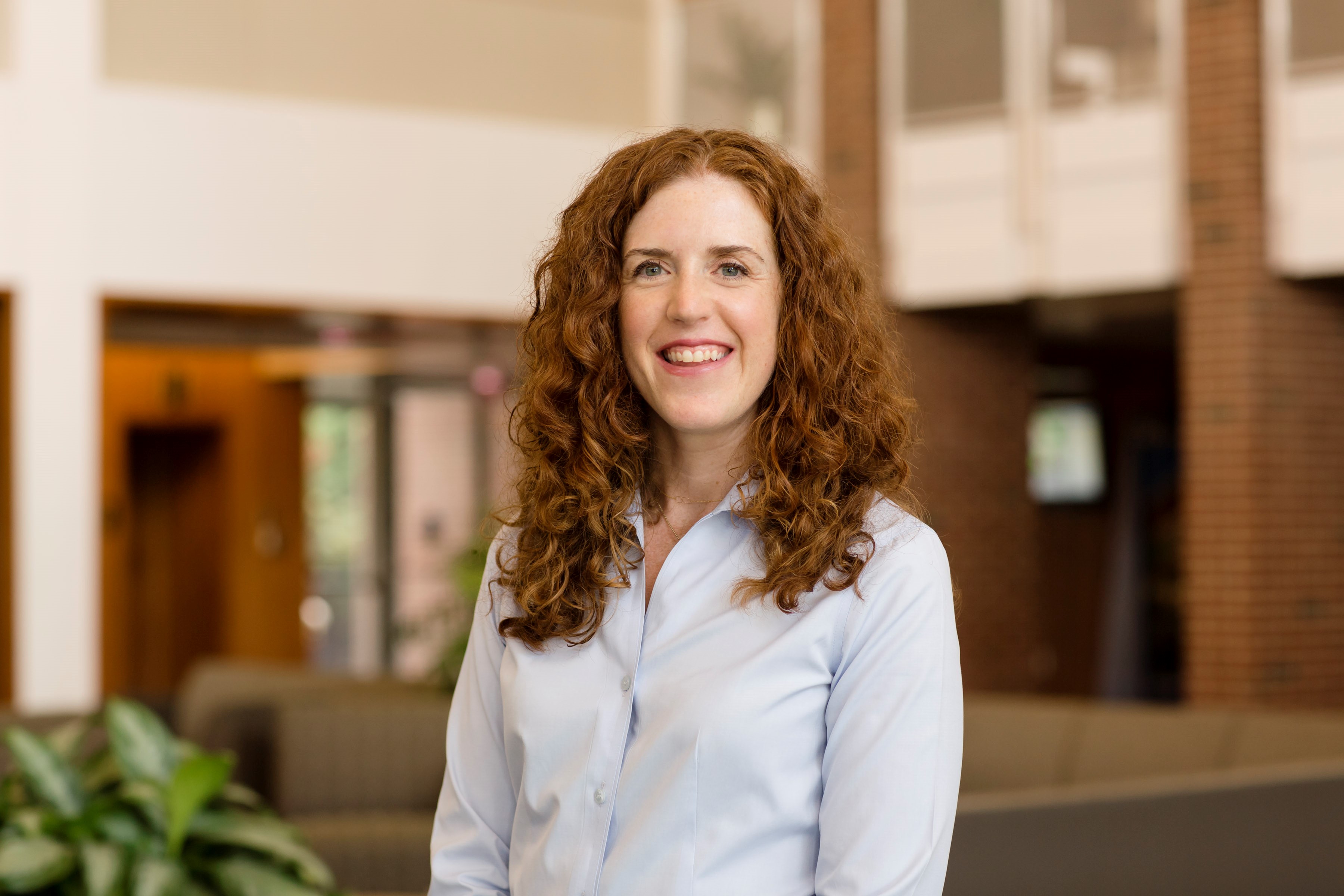South Africa following Apartheid, Rwanda after the 1994 genocide, Egypt in the post-Mubarak era—all of these societies looked past criminal punishment for past wrongdoings when emerging from horrific events. This idea of “transitional justice” will be the focus of the next Philosophy Colloquium at Illinois State University.
Colleen Murphy of the University of Illinois will present “Justice in Transitional Context” at 4 p.m., Friday, February 26, at Stevenson Hall, room 401A. The talk is free and open to the public.
According to Murphy, an associate professor who teaches law, philosophy, and political science at the University of Illinois, “transitional justice” refers to formal attempts by post-repressive or post-conflict societies to address past wrongs in their efforts to democratize. She points to a deep disagreement as to whether justice is achieved with alternate measures, such as amnesty or a truth commission.
“What are the appropriate standards of justice to use when evaluating various responses to wrongdoing in transitional contexts?” Murphy asked, adding the presentation will argue that justice in transitional circumstances is not aimed at giving perpetrators what they deserve, but rather is aimed at transforming a society in a just manner.
At the University of Illinois, Murphy works with the Center for African Studies and the Beckman Institute. She is also editor-in-chief of the Springer Series The International Library of Ethics, Law and Technology (ELTE), and a consulting editor for the second edition of The Encyclopedia of Science, Technology, and Ethics (ESTE2).
Murphy holds a master’s degree and a Ph.D. in philosophy from the University of North Carolina at Chapel Hill.
For additional information on the talk, contact Crystal Scheiman of Illinois State’s the Department of Philosophy at (309) 438-5571.

